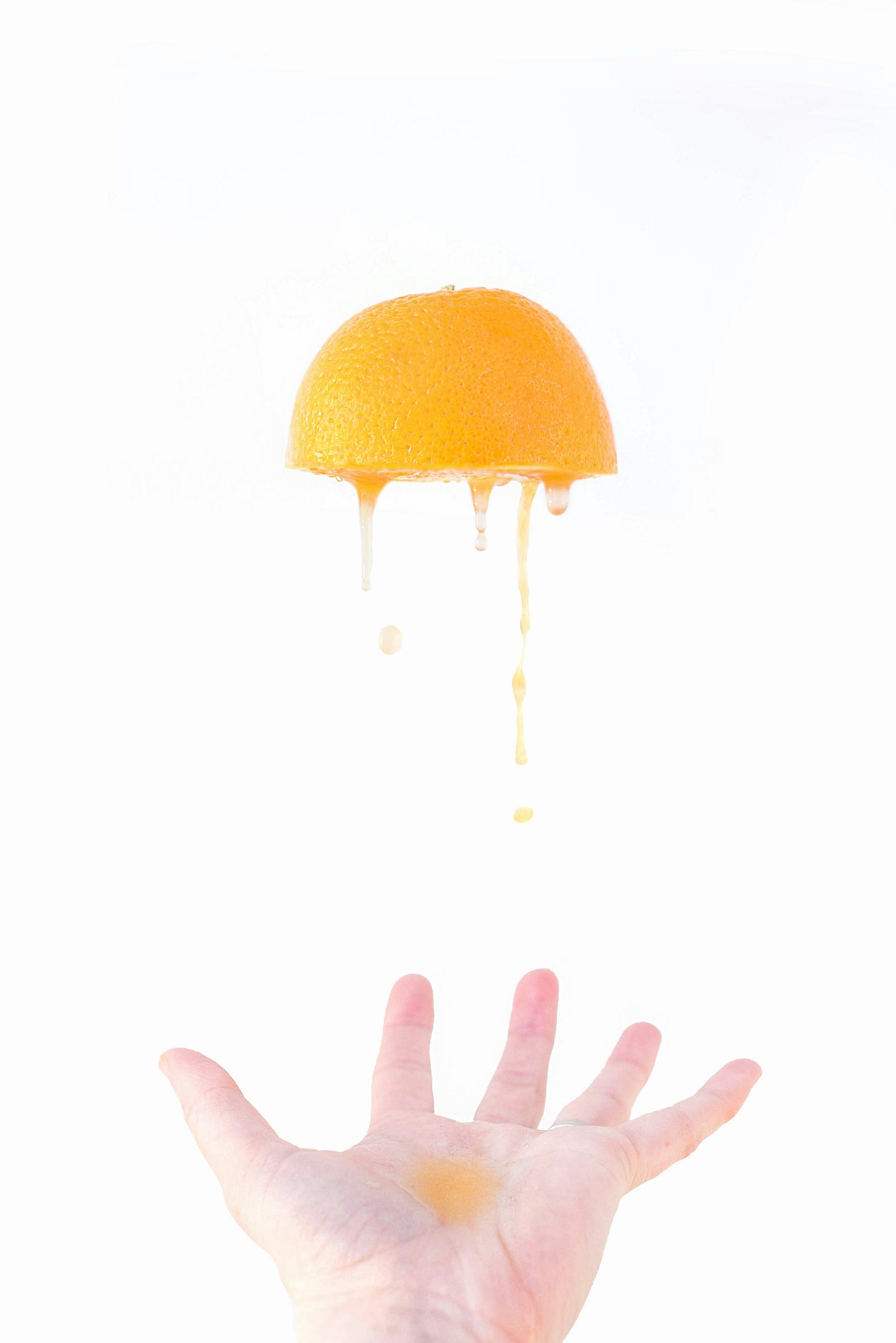THINKING ABOUT USING VITAMIN C TO FIGHT OFF A COLD? Don’t wait until you’re under the weather — here’s why you might want to start before the sniffles hit! Let’s explore vitamin C and the common cold.
Here’s the bottom line: Supplementing with vitamin C after a cold starts isn’t going to provide much value, no matter the volume you consume.
I recently had a colleague who developed a common cold. She asked me what I thought about her starting to take vitamin C.

Of course, this got me thinking: What evidence is there for (or against) the practice of taking vitamin C to fight infection?
This essay explores vitamin C. Is it the common cold’s worst nightmare or just another hype?
Does Vitamin C Kill Colds?
Vitamin C is one of the most popular methods for getting rid of the common cold. But if you want some protection, don’t wait till you get sick.
See, here’s the thing:
Supplementing with vitamin C after a cold hits won’t help much, no matter how much you consume.
Put differently, it is already too late to derive any benefits from vitamin C consumption once you feel a cold beginning.
Vitamin C meta-analysis
Researchers sought to determine whether vitamin C reduces the incidence, severity, or duration of the common cold when used as a continuous regular supplementation daily or as a therapy at the onset of cold symptoms.

They performed a literature review of articles from 1966 to 2012.
The study excluded trials that used less than 0.2 g of vitamin C per day without a placebo comparison.
Vitamin C meta-analysis results
The researchers looked at 29 studies with 11,306 people to see if regular vitamin C consumption reduces the risk of getting a cold.
In the general community, the results showed that taking vitamin C didn’t significantly prevent colds.
However, in specific groups like marathon runners, skiers, and soldiers in cold conditions, taking vitamin C did lower the risk of catching a cold (by about half).
Vitamin C — mixed results
They also looked at the duration of colds in 31 studies with 9,745 episodes.
In adults, regular vitamin C consumption reduced the duration of colds by a relative 8 percent, and in children, it dropped by 14%.

When children took one to two grams of vitamin C daily, their colds were shortened by 18 percent. The severity of colds was also less when subjects regularly consumed vitamin C.
Researchers also checked the impact of therapeutic vitamin C in 7 studies with 3,249 episodes.
Vitamin C used as a common cold treatment didn’t consistently affect the duration or severity of colds in these cases.
Most of the studies included were well-conducted experiments where neither the participants nor the researchers knew who was taking vitamin C or a placebo.
Removing studies that weren’t as well-designed didn’t change the overall conclusions.
Be proactive – Vitamin C and the Cold
As I noted, taking vitamin C
A January 2024 meta-analysis proved timely as I began investigating whether taking vitamin C before a cold comes on helps.
Here’s the study’s bottom line:
Taking preventative vitamin C could reduce the severity of your cold and make your symptoms less miserable.
Study subjects taking vitamin C before and during sickness reduced their cold symptom severity by two-thirds compared to those not taking anything.
However, vitamin C did not make the illness shorter.
Vitamin C magic – The common cold
Vitamin C works as an antioxidant, which helps prevent damage caused by the immune system fighting the virus.
This damage often leads to inflammation, but vitamin C can help minimize it.
I prefer getting my vitamin C from food. Here are some fruits and vegetables that are good vitamin C sources:
- oranges
- bell peppers

- strawberries
- grapefruit
- papaya
- kiwi
- pineapple
(Don’t even think about putting that pineapple on that pizza!)
Conclusions – Vitamin C and the common cold
Tests using high doses of vitamin C given as a treatment, starting after you already have cold symptoms, didn’t consistently show any clear impact on how long the symptoms last or how severe they are.
Only a few of these treatment studies have been done, and they have yet to focus on children. However, when vitamin C is used preventively (before getting sick), it helps more in children.

In one large test with adults, an 8-gram dose of vitamin C at the start of symptoms showed some benefits.
The meta-analysis authors note that the benefit of using an eight-gram single dose immediately after the onset of cold symptoms is interesting but indicates the need for further research rather than implying practical conclusions.
Also, two other tests where people took vitamin C for five days after getting sick reported positive effects.
Still, we need more tests to ensure how well vitamin C works as a treatment, especially if you take it right after symptoms begin.

I rarely get a cold. When I do, I immediately greatly increase my fruit consumption.
Do you take vitamin C? If yes, do you do so regularly or with the onset of cold symptoms?
Thank you for reading “Vitamin C and the Common Cold.”




